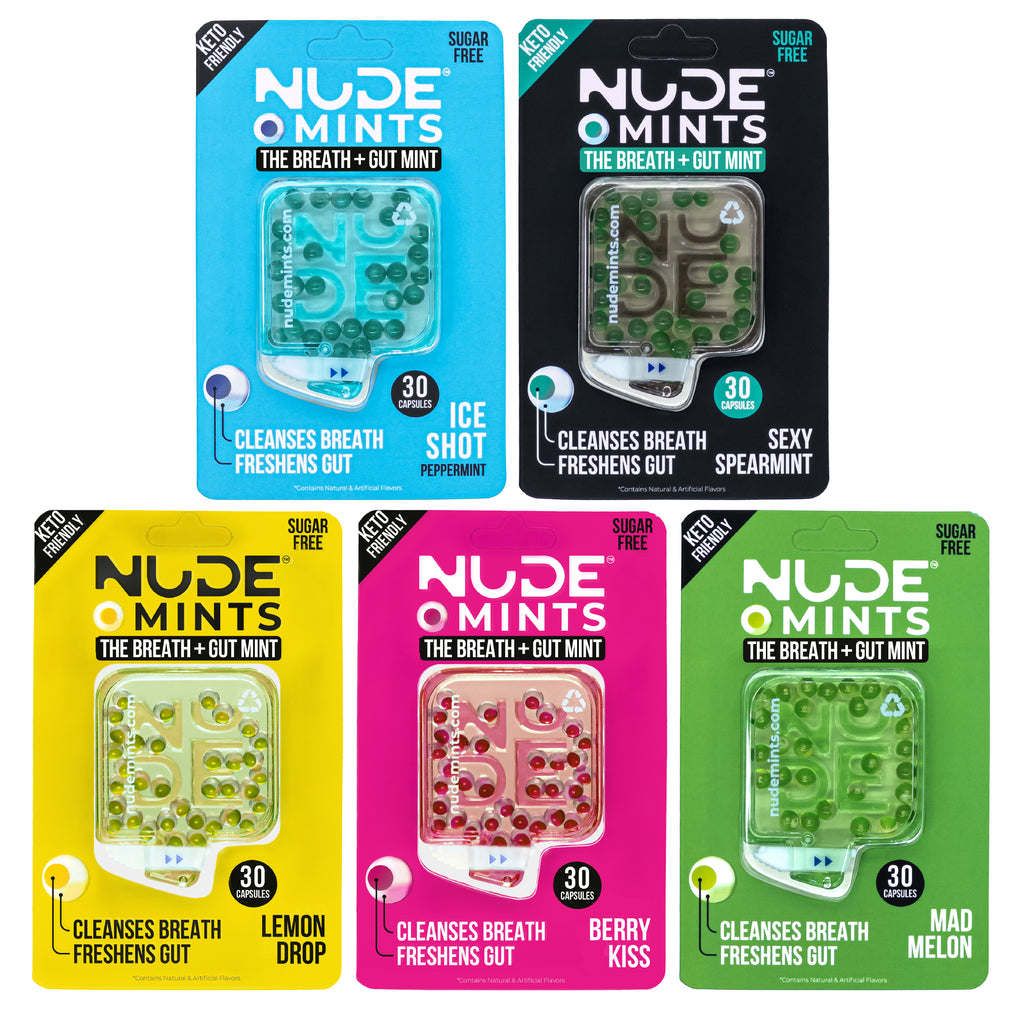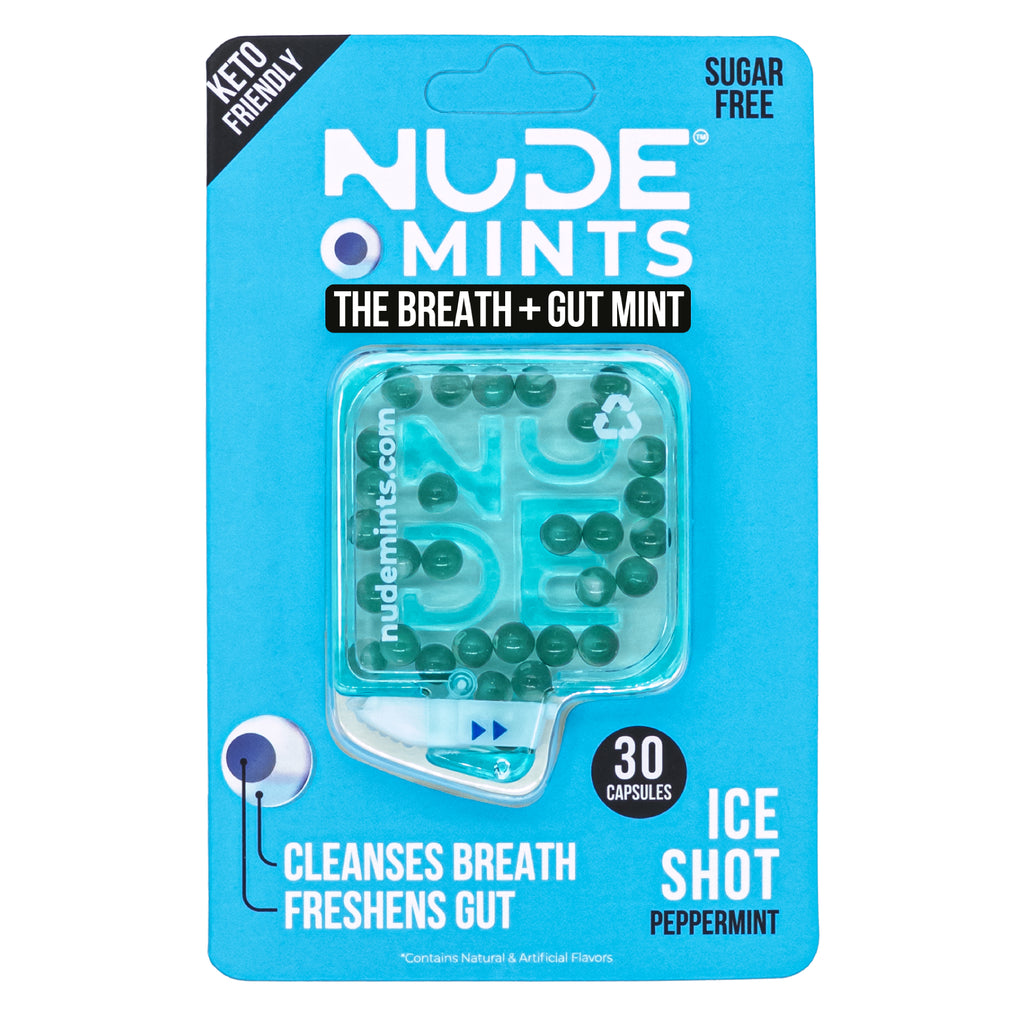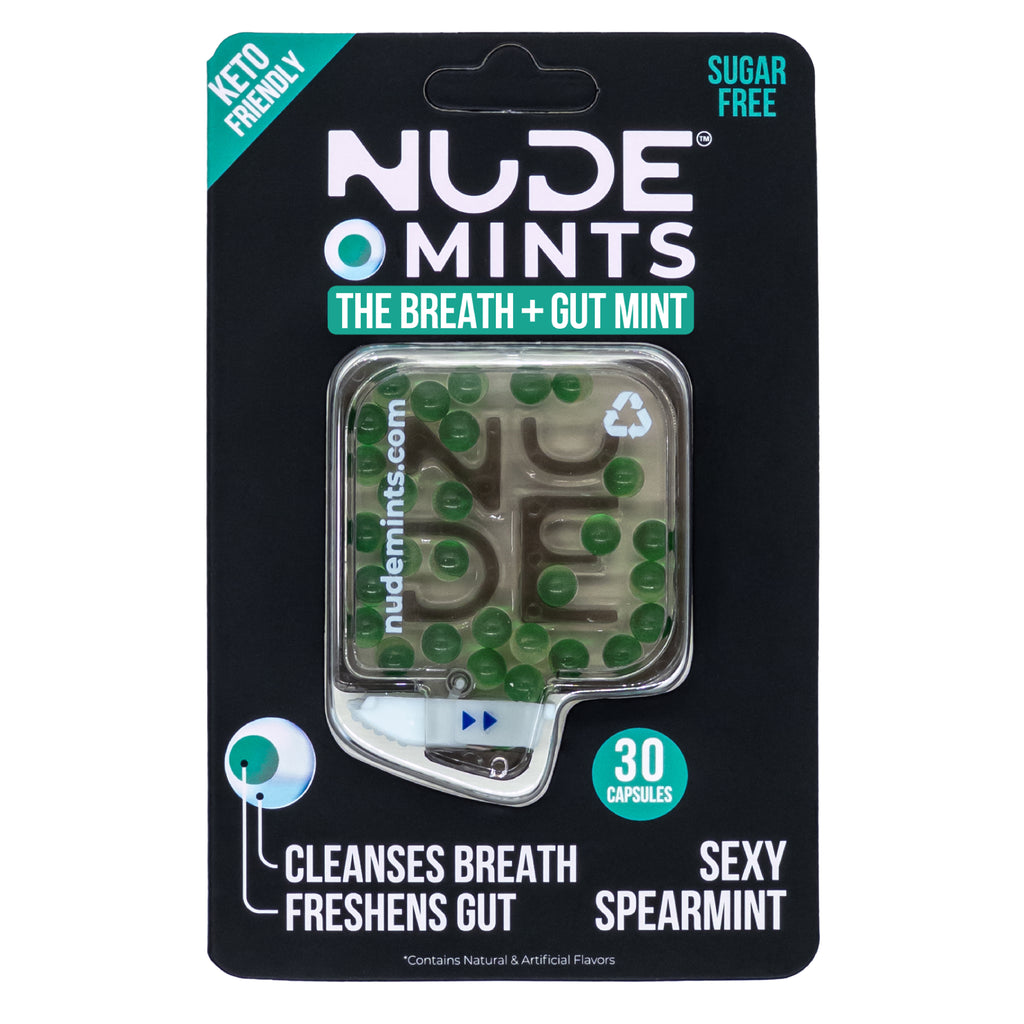The Effect of Antibiotics on Gut and Oral Microbiome and Bad Breath
-
Antibiotics are a common class of drugs used to treat bacterial infections. They work by killing or inhibiting the growth of bacteria in the body. However, the use of antibiotics can have unintended consequences on the body's microbiome. The microbiome is the collection of microorganisms, including bacteria, fungi, viruses, and other microbes, that live on and inside the human body. In this article, we will discuss the effect of antibiotics on the gut and oral microbiome and their association with bad breath.
What is the gut microbiome?
The gut microbiome is a complex ecosystem of microorganisms that live in the digestive tract. It plays a critical role in many aspects of health, including digestion, immunity, and metabolism. The gut microbiome consists of trillions of microorganisms, including more than a thousand different species of bacteria.
What is the oral microbiome?
The oral microbiome is the collection of microorganisms that live in the mouth. It includes bacteria, viruses, and fungi that colonize the oral cavity, tongue, gums, teeth, and throat. The oral microbiome is essential for maintaining oral health and preventing disease.
The Effect of Antibiotics on Gut and Oral Microbiome and Bad Breath
Antibiotics can disrupt the delicate balance of the gut and oral microbiome, leading to a range of adverse effects. Here are some of the ways that antibiotics can affect the microbiome and contribute to bad breath:
-
Disrupting the balance of beneficial and harmful bacteria:
Antibiotics can kill both harmful and beneficial bacteria in the gut and oral microbiome. This can disrupt the delicate balance of the microbiome, leading to overgrowth of harmful bacteria that can produce volatile sulfur compounds (VSCs) that cause bad breath. -
Reducing the diversity of the microbiome:
Antibiotics can reduce the diversity of the microbiome by killing off certain types of bacteria. A less diverse microbiome is more susceptible to infections and imbalances that can contribute to bad breath. -
Promoting the growth of antibiotic-resistant bacteria:
Overuse of antibiotics can lead to the development of antibiotic-resistant bacteria in the gut and oral microbiome. These bacteria can produce VSCs that cause bad breath and contribute to other health problems. -
Disrupting the production of saliva:
Antibiotics can also disrupt the production of saliva, which can lead to a dry mouth. A dry mouth can contribute to bad breath because saliva helps to wash away food particles and bacteria from the mouth.
How long does it take for antibiotics to affect the microbiome?
The length of time it takes for antibiotics to affect the microbiome depends on several factors, including the type of antibiotic, the dose, and the duration of treatment. In general, the effects of antibiotics on the microbiome can be seen within hours of taking the medication. However, it can take weeks or even months for the microbiome to fully recover after a course of antibiotics.
Can probiotics help to restore the microbiome after antibiotics?
Probiotics are live bacteria and yeasts that are beneficial for the microbiome. They can help to restore the balance of bacteria in the gut and oral microbiome after a course of antibiotics. Probiotics can be found in fermented foods like yogurt, kefir, and sauerkraut, as well as in supplement form. However, the use of probiotics after antibiotics is still a controversial topic, and more research is needed to determine their effectiveness.
What are some ways to prevent bad breath after taking antibiotics?
Here are some tips for preventing bad breath after taking antibiotics:
- Drink plenty of water to stay hydrated and promote saliva production.
- Chew sugar-free gum or suck on sugar-free candy to stimulate saliva flow.
- Eat a healthy diet that includes plenty of fruits and vegetables.
- Avoid foods that are high in sugar or refined carbohydrates, which can feed harmful bacteria in the mouth.
- Use a tongue scraper to remove bacteria from the tongue, which can contribute to bad breath.
Are there any alternatives to antibiotics for treating bacterial infections?
Yes, there are several alternatives to antibiotics for treating bacterial infections. Some of these include:
-
Probiotics:
As mentioned earlier, probiotics can help to restore the balance of bacteria in the gut and oral microbiome, which can help to prevent infections. -
Essential oils:
Some essential oils, such as tea tree oil and peppermint oil, have antibacterial properties that can help to kill harmful bacteria in the mouth. -
Herbal remedies:
There are several herbs, such as garlic, echinacea, and goldenseal, that have antimicrobial properties and can help to boost the immune system. -
Homeopathy:
Homeopathic remedies, such as belladonna and arnica, can help to stimulate the body's natural healing processes and boost the immune system.
Can antibiotics cause long-term damage to the microbiome?
Yes, antibiotics can cause long-term damage to the microbiome, particularly if they are overused or misused. Long-term damage to the microbiome can lead to a range of health problems, including autoimmune diseases, metabolic disorders, and mental health issues. It is essential to use antibiotics only when necessary and to take them as directed by a healthcare provider.
Conclusion
Antibiotics can have unintended consequences on the gut and oral microbiome, including bad breath. Nude Mints can be a helpful addition to anyone's oral care routine. With their healthy, safe ingredients and ability to freshen breath and promote oral health, they offer a great alternative to traditional breath mints. It's important to remember that good oral hygiene practices, such as regular brushing and flossing, are the foundation of oral health. But incorporating Nude Mints into your routine can be a simple and effective way to support a healthy mouth.
Don't let bad breath hold you back! Try Nude Mints today and experience the freshness of peppermint. Order now and enjoy the benefits of a healthier mouth and fresher breath.
-
Disrupting the balance of beneficial and harmful bacteria:
Get the freshest news on your favorite mouth cleanser and gut freshener!
Read More
-
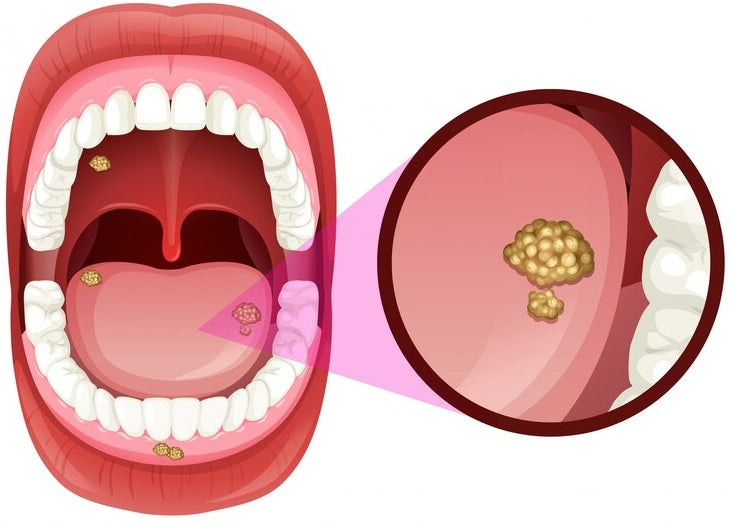
Halitosis: Understanding the Causes, Diagnosis, and Treatment for Fresh Breath
Halitosis, commonly known as bad breath, is a condition that affects a large number of people worldwide. It can be an embarrassing and isolating experience, but it is important to know that it is a common problem and that there are effective treatments available. In this article, we will discuss the causes, diagnosis, and treatment of halitosis. Causes of Halitosis Halitosis can have several causes, both internal and external. The most common causes include poor oral hygiene, dry mouth, certain foods and drinks, smoking, and certain medical conditions. Poor Oral Hygiene Poor oral hygiene is the most common cause of halitosis. When food particles and bacteria build up in the mouth, they can cause an unpleasant odor. Brushing and flossing...
-
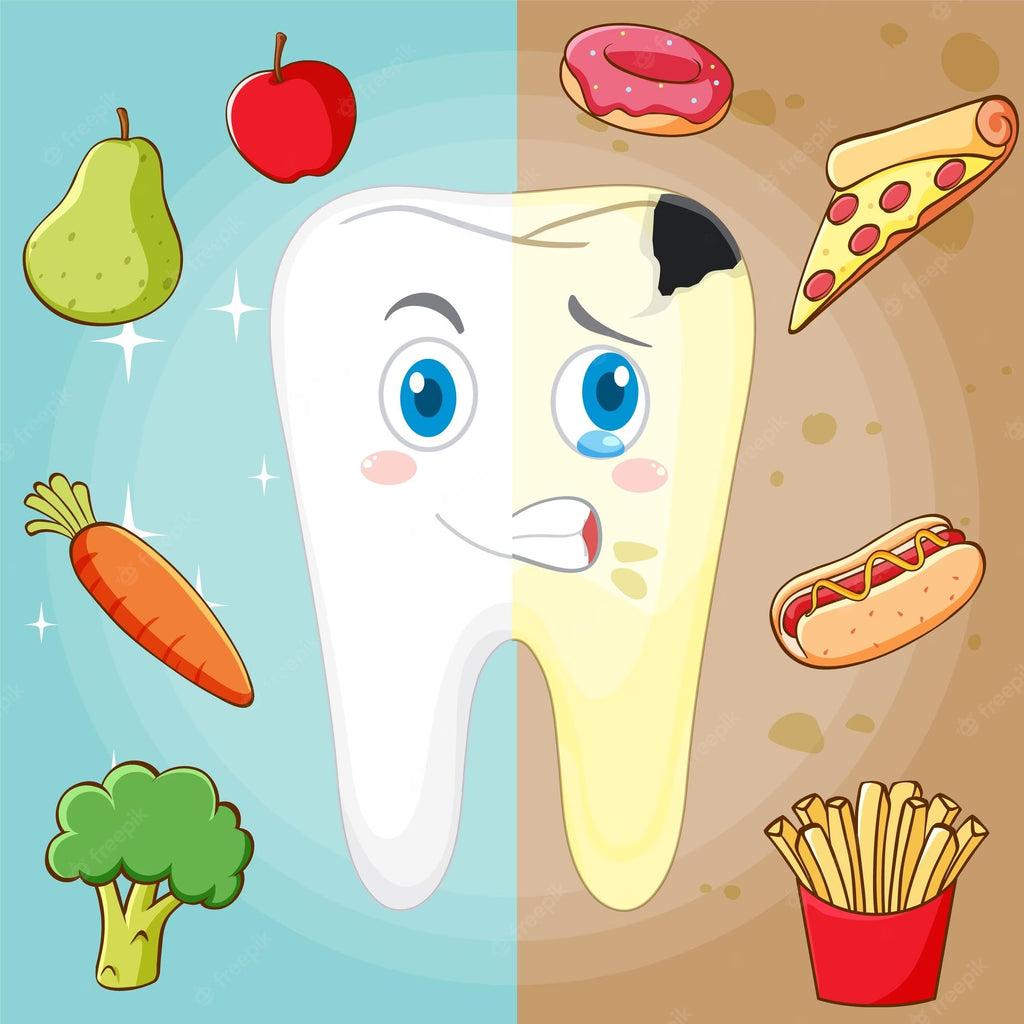
Crucial Connection Between Nutrition and Oral Health: Guide for Better Dental Care
As a dental health professional, we understand the importance of maintaining good oral hygiene to prevent cavities and gum disease. Brushing twice a day and flossing daily are essential habits, but did you know that nutrition also plays a crucial role in keeping your mouth healthy? In this article, we will explore the connection between nutrition and oral health and how you can make better food choices to support your dental health. How Nutrition Affects Oral Health Your diet can impact your oral health in many ways. A diet high in sugary and acidic foods can increase the risk of tooth decay and gum disease. When you eat sugary foods, the bacteria in your mouth feed on the sugar and...
-
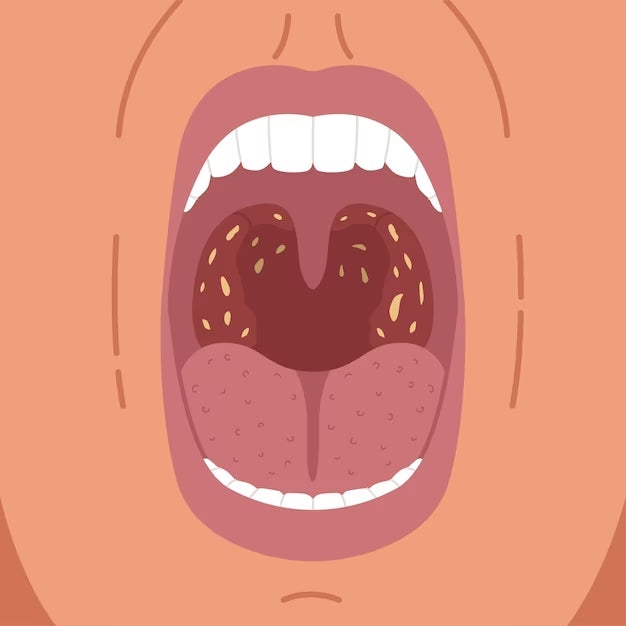
How to Treat Bad Breath Caused by Dry Mouth
Do you ever feel self-conscious about your breath? Do people avoid talking to you because of bad breath? Dry mouth, also known as xerostomia, can cause bad breath and make social interactions uncomfortable. In this article, we will discuss what causes dry mouth, how it leads to bad breath, and what you can do to treat it. Table of Contents What is dry mouth? Causes of dry mouth How dry mouth causes bad breath Signs and symptoms of dry mouth Diagnosis of dry mouth Treating dry mouth Home remedies for dry mouth Professional treatments for dry mouth Tips for maintaining oral hygiene Foods and drinks to avoid with dry mouth Conclusion FAQs What is dry mouth? Dry mouth occurs when...
-
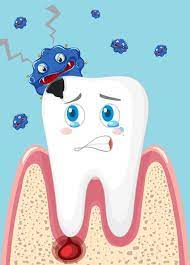
The Relationship Between Diabetes and Gum Disease: Understanding the Link
Diabetes and gum disease are two conditions that may seem unrelated, but research has shown that they are actually closely linked. In fact, individuals with diabetes are more likely to develop gum disease, and those with gum disease are more likely to have difficulty controlling their blood sugar levels. This article will explore the connection between diabetes and gum disease, and provide insights on how you can reduce your risk of developing both. The Relationship Between Diabetes and Gum Disease Diabetes is a condition that affects the body's ability to produce or respond to insulin, a hormone that regulates blood sugar levels. When blood sugar levels are consistently high, it can lead to a range of health complications, including nerve...
